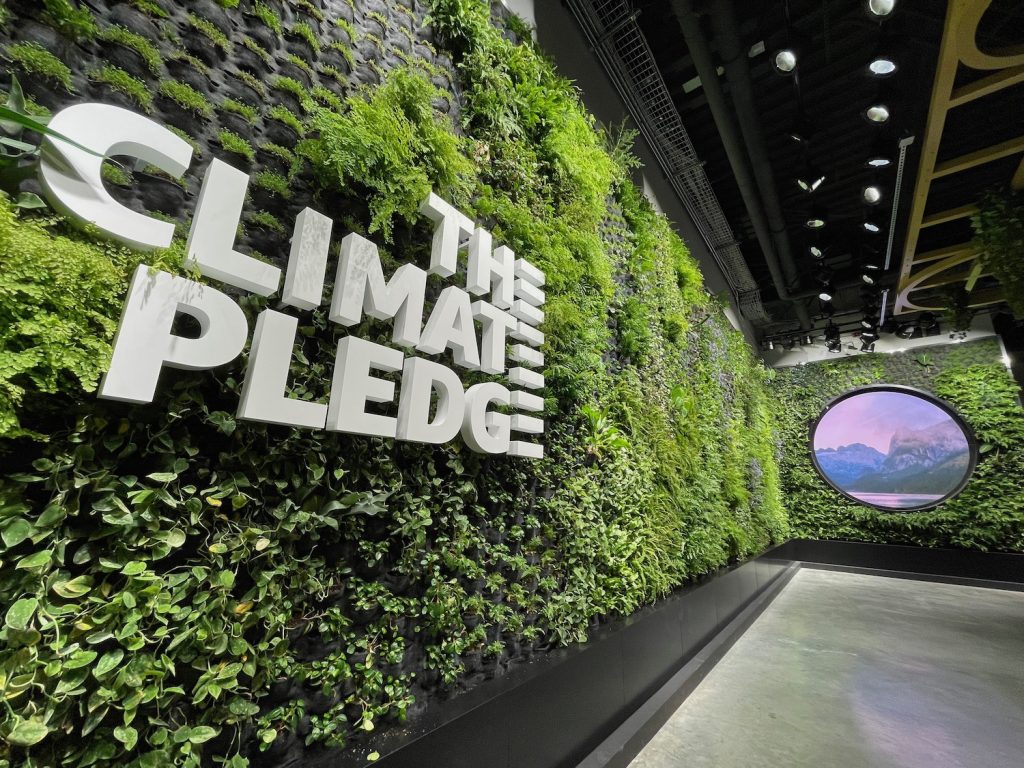The November ballot in Washington state includes Initiative 2117, which seeks to eliminate a marketplace that puts a price on greenhouse gas emissions. This initiative is backed by Brian Heywood, a hedge fund manager, who spent millions on a successful signature-gathering campaign for six proposed conservative agenda initiatives. However, more than 100 companies, tribal groups, union organizations, environmental nonprofits, and political groups are supporting the No on 2117 campaign. Companies such as Amazon, Microsoft, REI, BP America, and various climate startups are all involved in this campaign. They argue that Initiative 2117 would hinder efforts to reduce carbon emissions and secure a healthy environment for future generations.
Amazon and Microsoft have both taken steps to reduce their environmental impact and have invested heavily in climate-related initiatives. These companies worry that if I-2117 passes, it would undermine the progress made in Washington state in developing new climate technologies and businesses. The Climate Commitment Act, which I-2117 aims to dismantle, has been instrumental in raising funds for programs that support clean energy solutions, helping communities and tribes affected by climate change, and improving transportation infrastructure.
Supporters of Initiative 2117 argue that the Climate Commitment Act has created a hidden gas tax that has made petrol prices unaffordable in the state and increased electric bills. They believe that lower-income households are bearing the brunt of these hidden costs, as they struggle to afford transportation and electricity. However, opponents of I-2117 counter that gas prices did initially increase following the auctions but gradually came down. The state is also providing $150 million from the auctions to utilities to pass through as credits to low-income customers to help pay energy bills.
The No on 2117 campaign has received donations and pledges of more than $11 million, with individual contributions from prominent figures such as former Microsoft CEOs Bill Gates and Steve Ballmer. The campaign also boasts more than 1,200 grassroots donors, with 95% of contributions totaling $100 or less. Opponents of I-2117 emphasize the importance of continuing to invest in climate solutions and supporting businesses that are working towards a sustainable future. They argue that such initiatives are crucial for maintaining competitiveness in various sectors, including batteries, green aviation, and clean energy technologies.
Initiative 2117 targets Washington’s Climate Commitment Act, which established a marketplace for carbon emissions permits that help reduce greenhouse gases over time. The initiative would eliminate this marketplace and prevent the implementation of similar programs in the future. Businesses like Amazon and Microsoft have been active in supporting environmental initiatives, and they are concerned about the potential negative impacts of I-2117 on their efforts to reduce emissions. Overall, the debate surrounding I-2117 highlights the complexities involved in balancing economic interests with environmental sustainability in combating climate change.


